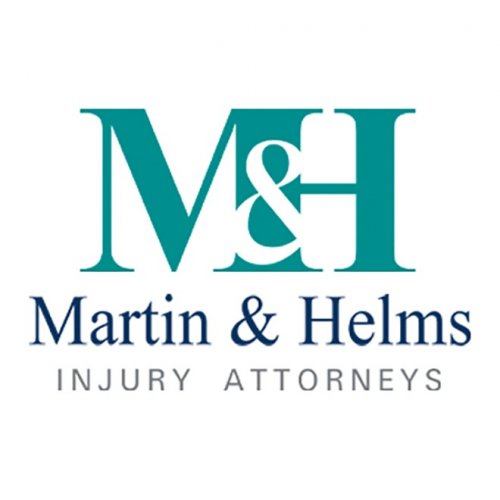Best Workers Compensation Lawyers in Huntsville
Share your needs with us, get contacted by law firms.
Free. Takes 2 min.
List of the best lawyers in Huntsville, United States
About Workers Compensation Law in Huntsville, United States
Workers Compensation Law in Huntsville, as with the rest of Alabama, is designed to ensure that employees who suffer from work-related injuries or illnesses receive medical care, rehabilitation, and lost wages. Employers are mandated to provide this insurance and employees can avail of these benefits regardless of who is to blame for the accident leading to injury or illness. It's crucial to note that in claiming these benefits, employees typically forfeit the right to sue their employers in civil courts for damages. Navigating the subtleties of this law could get complicated and it requires special attention.
Why You May Need a Lawyer
Workers may need legal assistance for a variety of reasons. A lawyer's guidance can be invaluable if your Workers Compensation claim has been denied, or if you believe you're not receiving the appropriate benefits. If your injury or illness is severe or leads to permanent disability, or if there are disputes about whether your injury is work-related, a lawyer's expertise may be crucial. Additionally, a lawyer can be beneficial in negotiating settlement terms or if your case requires a hearing or appeal.
Local Laws Overview
Huntsville workers Compensation law dictates that employers with five or more employees must provide Workers Compensation insurance. In calculating benefits, there's an established Maximum Medical Improvement (MMI) assessment used to determine the extent of an employee's injuries. The law also stipulates that if the injury forces the employee to take time off work beyond three days, they are eligible for compensation, usually amounting to about two-thirds of their average weekly wage.
Frequently Asked Questions
What is Workers Compensation?
Workers Compensation is a form of insurance provided by employers to cover employee expenses like medical bills and lost wages that result from work-related injuries or illnesses.
What happens if my claim is denied?
If your claim is denied, you have the right to appeal the decision. This is where the representation of a lawyer can be significantly beneficial.
Can I sue my employer if I receive Workers Compensation benefits?
No, generally speaking, accepting Workers Compensation benefits means you've forfeited your right to sue your employer for damages over the same incident.
What if my employer doesn't have Workers Compensation insurance?
If an employer fails to provide the necessary Workers Compensation insurance, employees might have the right to sue in civil court or to collect money from a state fund.
Are all accidents at work covered?
Not necessarily. Only injuries or illnesses that can directly be attributed to the workplace or are occurred during the course of employment are typically covered by Workers Compensation.
Additional Resources
You may find useful resources from the Alabama Department of Labor, the Alabama Workers Compensation Division, national bodies such as the Occupational Safety and Health Administration, the American Bar Association, and local law libraries. Some non-profit organizations also provide support, including legal aid services, to Workers Compensation claimants.
Next Steps
If you think you need legal assistance in Workers Compensation, consider consulting an attorney who specializes in this area. Prior to the consultation, gather all relevant information such as medical records, accident reports, and communications with your employer. Don't hesitate to ask questions to ensure that you fully understand your rights and the legal process.
Lawzana helps you find the best lawyers and law firms in Huntsville through a curated and pre-screened list of qualified legal professionals. Our platform offers rankings and detailed profiles of attorneys and law firms, allowing you to compare based on practice areas, including Workers Compensation, experience, and client feedback.
Each profile includes a description of the firm's areas of practice, client reviews, team members and partners, year of establishment, spoken languages, office locations, contact information, social media presence, and any published articles or resources. Most firms on our platform speak English and are experienced in both local and international legal matters.
Get a quote from top-rated law firms in Huntsville, United States — quickly, securely, and without unnecessary hassle.
Disclaimer:
The information provided on this page is for general informational purposes only and does not constitute legal advice. While we strive to ensure the accuracy and relevance of the content, legal information may change over time, and interpretations of the law can vary. You should always consult with a qualified legal professional for advice specific to your situation.
We disclaim all liability for actions taken or not taken based on the content of this page. If you believe any information is incorrect or outdated, please contact us, and we will review and update it where appropriate.












